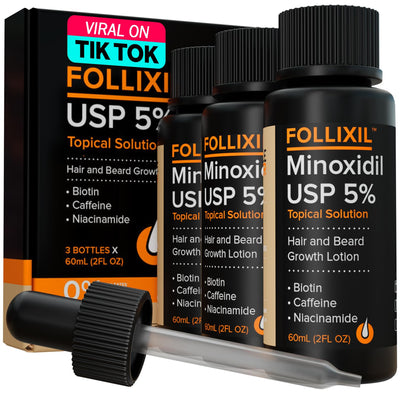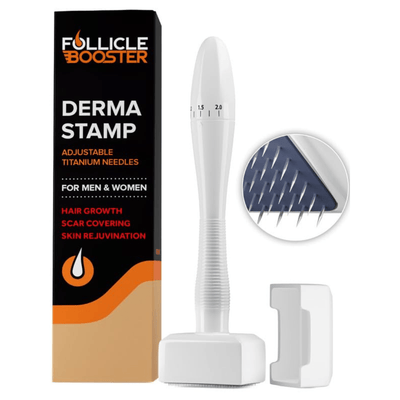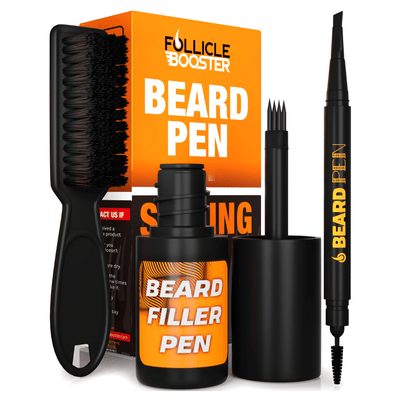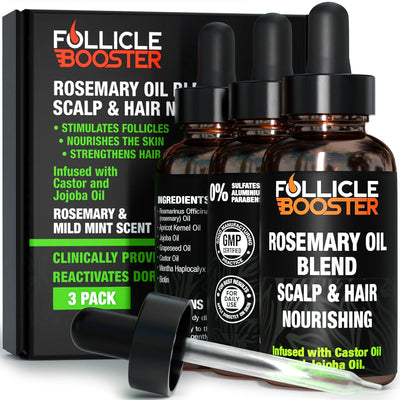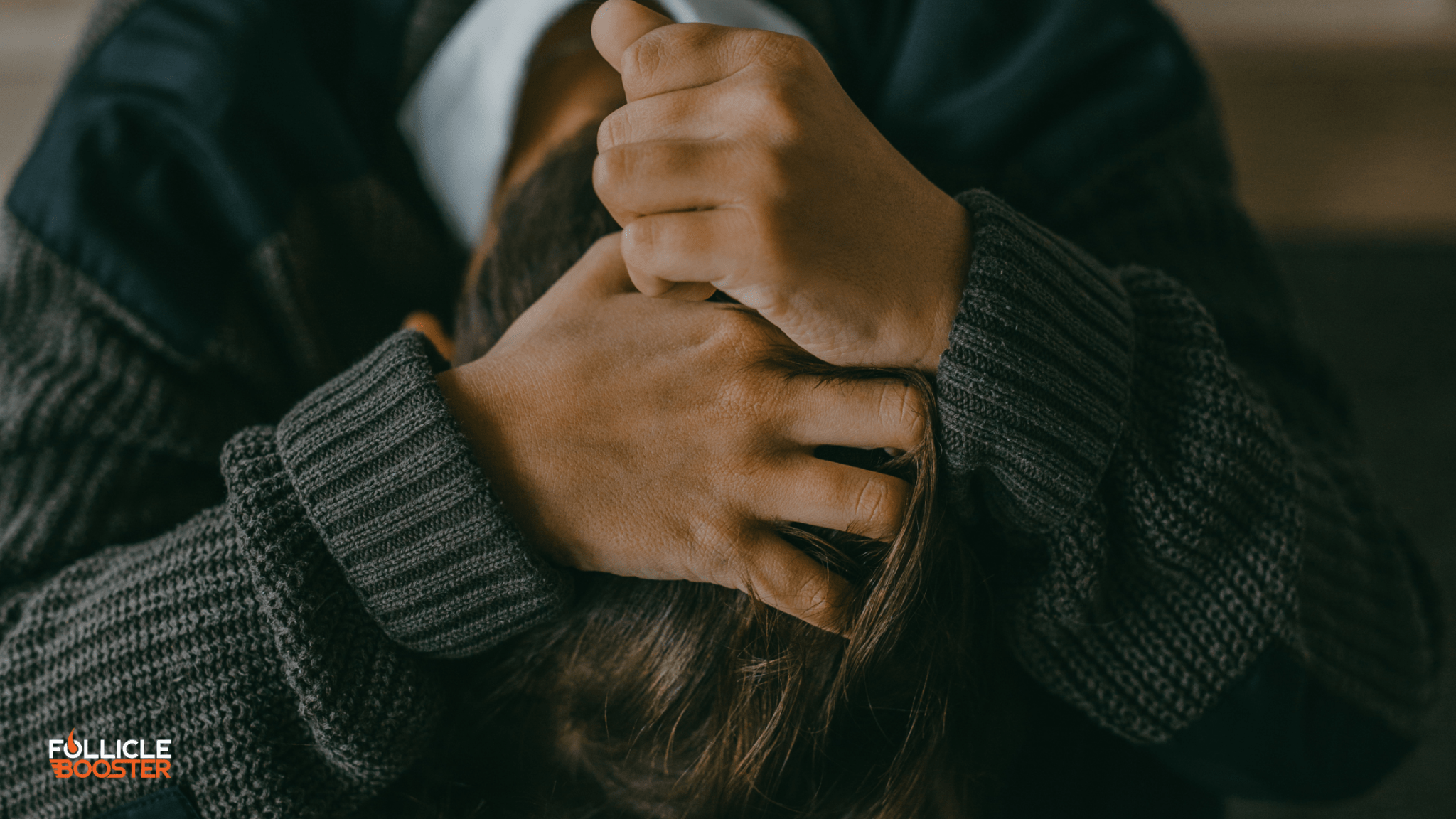Anxiety doesn't just affect your mind — it can impact your body in ways that are sometimes surprising and deeply frustrating, like triggering hair loss. Many people notice more shedding during intense stress or after major emotional upheavals. Understanding the connection between anxiety and hair loss is the first step toward managing both more effectively.
How Anxiety Affects Your Hair
Anxiety triggers your body's "fight or flight" response, releasing stress hormones like cortisol. When cortisol levels stay elevated for too long, it can disrupt your natural hair growth cycle. Normally, hair grows, rests, and sheds in a healthy rhythm. However, chronic anxiety can push more hair follicles into a "resting phase" (called telogen effluvium), causing sudden or excessive shedding a few months after the stressful event.
In some cases, anxiety can also contribute to other conditions like trichotillomania, a compulsive hair-pulling disorder, or alopecia areata, an autoimmune condition thought to be exacerbated by stress.
Breaking the Cycle: What You Can Do
If you're stuck in the vicious cycle where anxiety leads to hair loss — and the hair loss fuels even more anxiety — it's essential to break free. Here are five practical steps:
- Address the Root Cause: Talk to a mental health professional if anxiety is persistent or overwhelming. Cognitive-behavioral therapy (CBT) and mindfulness-based techniques can reduce anxiety levels, which may naturally help slow or stop hair loss.
- Optimize Your Nutrition: Stress can deplete essential nutrients like iron, vitamin D, and biotin, vital for hair health. A balanced, nutrient-rich diet can help your body recover quickly and support new hair growth.
- Practice Gentle Hair Care: When you're losing hair, it's tempting to over-style, over-wash, or pile on products in hopes of masking the problem. Instead, choose gentle, sulfate-free shampoos, avoid tight hairstyles, and minimize heat styling to reduce additional hair shaft damage.
- Incorporate Stress-Reduction Techniques: Activities like yoga, meditation, deep-breathing exercises, or journaling can make a huge difference in managing daily anxiety. Even 10 minutes a day can help lower cortisol levels and create a healthier environment for hair growth.
-
Consult a Dermatologist or Trichologist: A professional can assess whether your hair loss is stress-related or if there are other underlying causes, like hormonal imbalances or autoimmune issues. Early intervention often leads to better outcomes.

Hope on the Horizon
The good news? In many cases, stress-related hair loss is temporary. Once the anxiety is managed and the body has a chance to heal, hair often begins to regrow within six to nine months. It's essential to be patient — hair regrowth doesn't happen overnight, but with consistent effort in caring for your mind and scalp, you can reverse the effects.
If you're experiencing anxiety and noticing hair loss, remember that you're not alone, and help is available. By taking small, proactive steps each day, you can break the cycle and start feeling (and looking) like yourself again.
